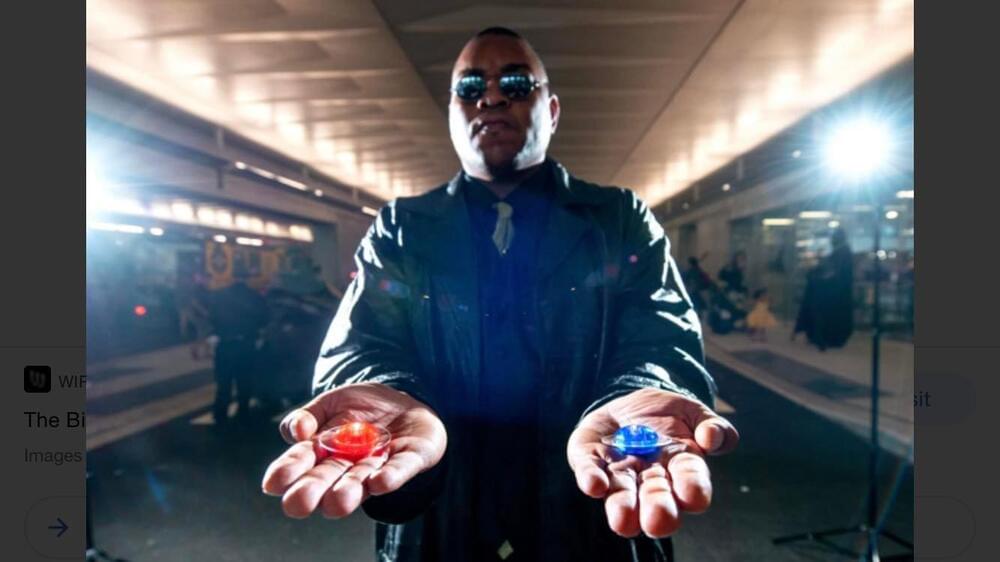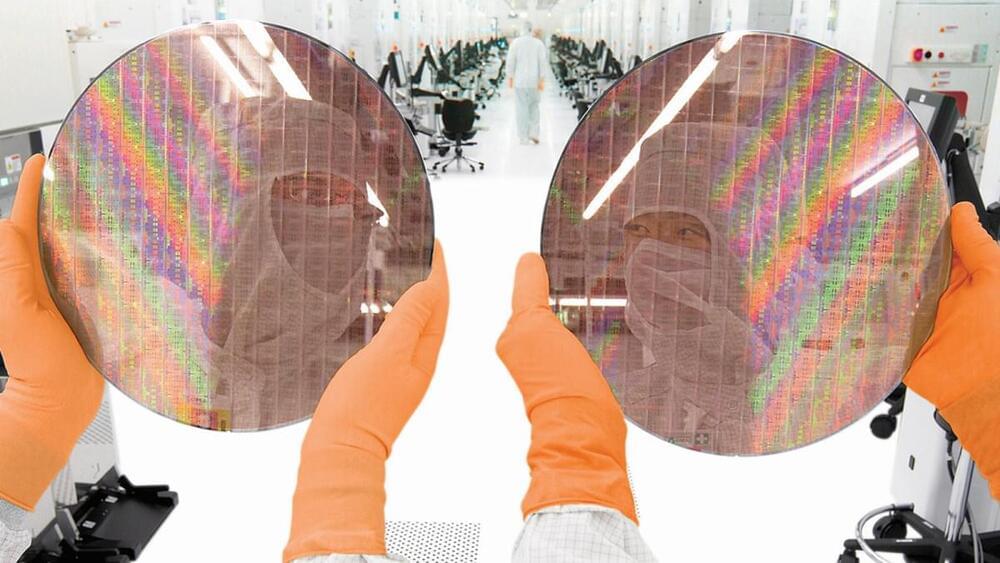If anything, the development is yet another indication of the threat actor’s capacity to continually “innovate and identify new techniques and tradecraft to maintain persistent access to victim environments, hinder detection, and confuse attribution efforts,” while also highlighting the “effectiveness of leveraging third parties and trusted vendor relationships to carry out nefarious operations.”
Microsoft had previously dubbed Nobelium as “skillful and methodic operators who follow operations security (OpSec) best practices.”
Ever since the SolarWinds incident came to light, the APT group has been connected to a string of attacks aimed at think tanks, businesses, and government entities around the globe, even as an ever-expanding malware toolbox has been put to use with the goal of establishing a foothold in the attacked system and downloading other malicious components.






